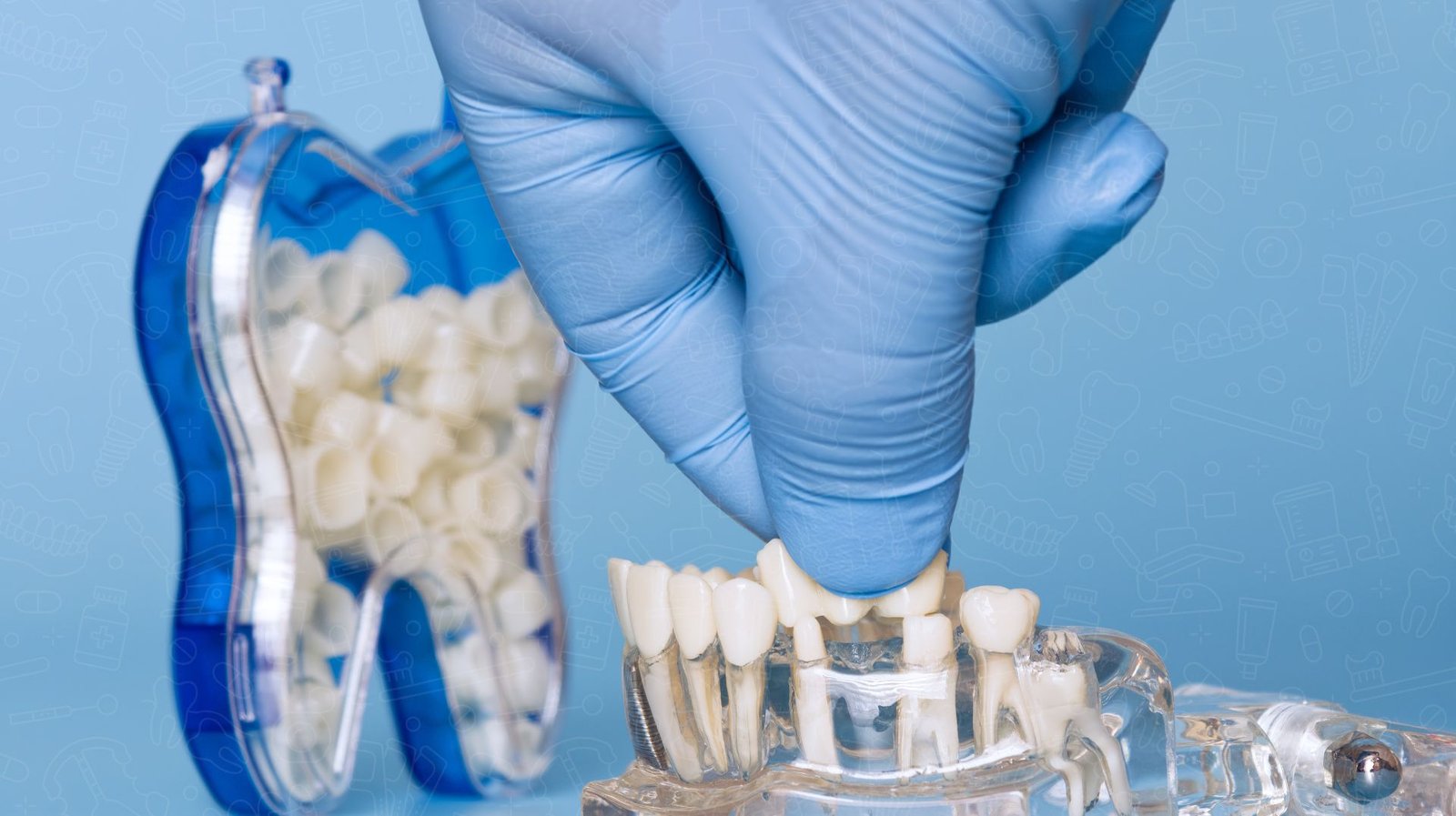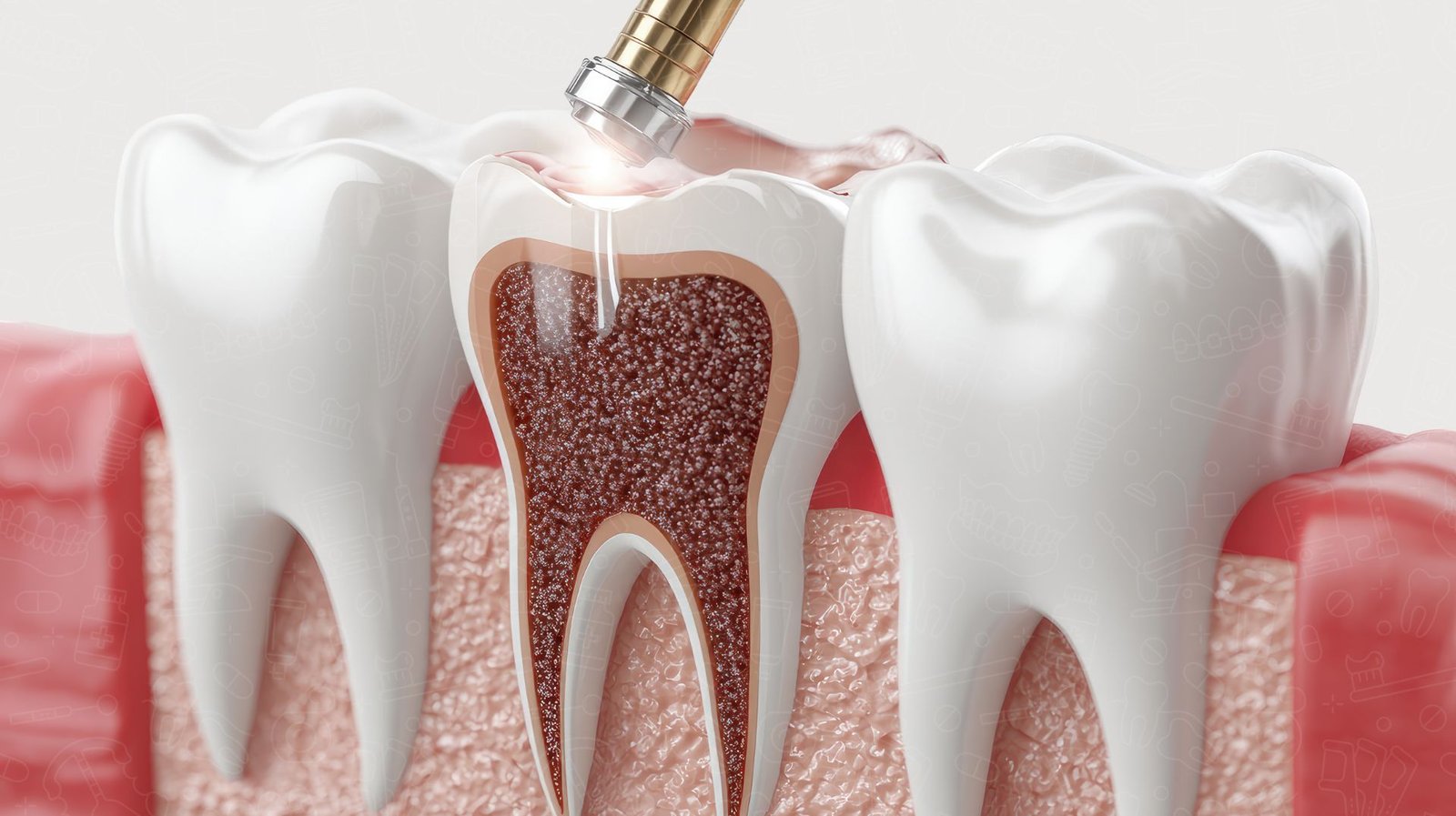Introduction to Family Dental Health
Family dental health refers to the collective oral well-being of all family members, encompassing practices and habits that promote healthy teeth and gums. It emphasizes the importance of oral hygiene not just for individuals but for the entire family unit. This concept recognizes that good oral health is a shared responsibility that contributes to overall family wellness.
Benefits of Family Dental Health
Maintaining good family dental health offers numerous benefits to each member. It leads to healthier teeth and gums, reducing the risk of dental problems such as cavities, gum disease, and tooth decay. Additionally, good oral health is linked to overall well-being, including better digestion, improved speech, and enhanced self-confidence.
Daily Oral Care Routine for Families
A comprehensive daily family dental health care routine is essential for every family member. This routine should include brushing teeth at least twice a day using fluoride toothpaste, flossing daily to remove plaque between teeth, and using mouthwash to rinse away bacteria and freshen breath. Consistency and proper technique are key to maintaining optimal oral hygiene.
Choosing the Right Dental Products
Selecting the right dental products is crucial for effective oral care. Families should choose toothpaste with fluoride to strengthen enamel and prevent cavities. Toothbrushes should have soft bristles and be replaced every three to four months. Dental floss should be comfortable to use and suitable for different age groups. Understanding the role of fluoride and other dental additives helps in making informed choices.
Nutrition and Dental Health
A balanced diet plays a significant role in promoting healthy teeth and gums for the whole family. Encourage consumption of nutrient-rich foods like fruits, vegetables, whole grains, and dairy products. Limit sugary snacks and beverages, as they contribute to dental problems. Drinking plenty of water also helps in maintaining oral health.
Preventive Measures
In addition to daily oral care, preventive measures such as dental sealants and fluoride treatments are beneficial, especially for children. Dental sealants protect teeth from decay by sealing off vulnerable areas, while fluoride treatments strengthen enamel and reduce cavity risk. Regular dental checkups and cleanings are essential preventive measures for the entire family.
Addressing Common Dental Problems
Common dental issues like cavities, gum disease, and orthodontic needs can affect family members of all ages. Strategies for addressing these problems include practicing good oral hygiene, seeking timely dental care, and following dentist-recommended treatments. Early intervention is key to preventing dental issues from worsening.
Healthy Habits for Overall Well-Being
Emphasize the connection between oral health and overall well-being. Encourage healthy lifestyle habits such as quitting smoking, reducing sugary snacks, and maintaining a balanced diet. These habits not only benefit dental health but also contribute to better overall health and quality of life.
Dental Care for Different Age Groups
Tailor dental care tips for different age groups within the family. Infants and toddlers may need special attention to cleaning their gums and emerging teeth. Children and teenagers should focus on proper brushing, flossing, and orthodontic care if needed. Adults and seniors may require additional preventive measures and treatments based on age-related dental needs.
Encouraging Positive Dental Habits
Instilling positive dental habits from an early age is crucial. Encourage children and teens to take responsibility for their oral hygiene by providing education, setting a good example, and using positive reinforcement. Parents play a vital role in guiding and motivating their children to develop lifelong dental habits.
Creating a Family-Friendly Dental Environment
Make dental visits comfortable and positive experiences for children and family members. Choose a family-friendly dental practice with a welcoming atmosphere and staff trained to work with patients of all ages. Regular dental checkups are essential for maintaining family dental health and catching any issues early.
Conclusion
In conclusion, family dental health tips encompass a range of practices and habits that promote healthy smiles and overall well-being. Prioritizing oral hygiene, adopting a balanced diet, practicing preventive measures, addressing common dental problems, and encouraging positive habits are key aspects of maintaining optimal family dental health. By emphasizing the importance of regular dental care and creating a positive dental environment, families can enjoy healthy smiles and better quality of life.





